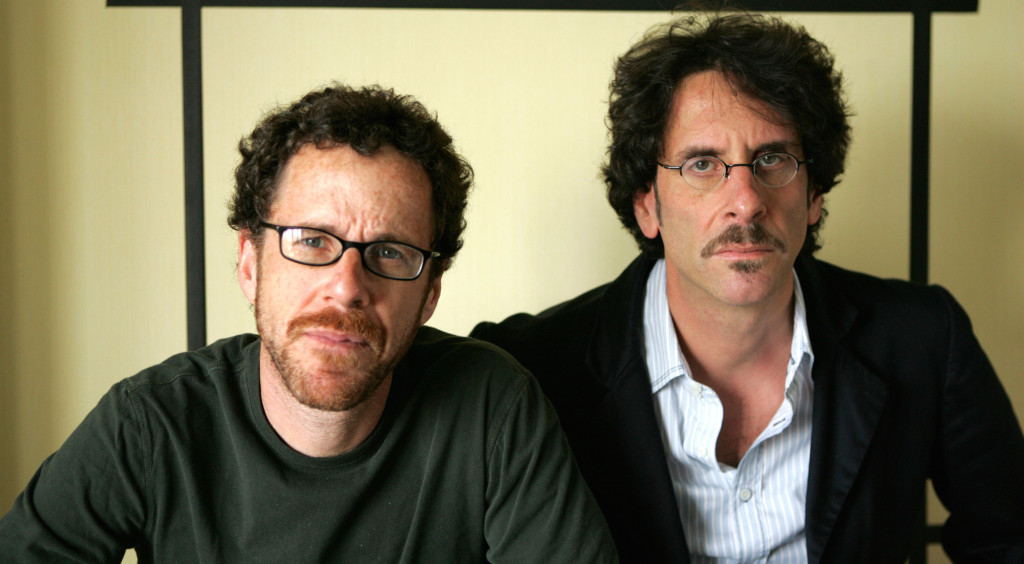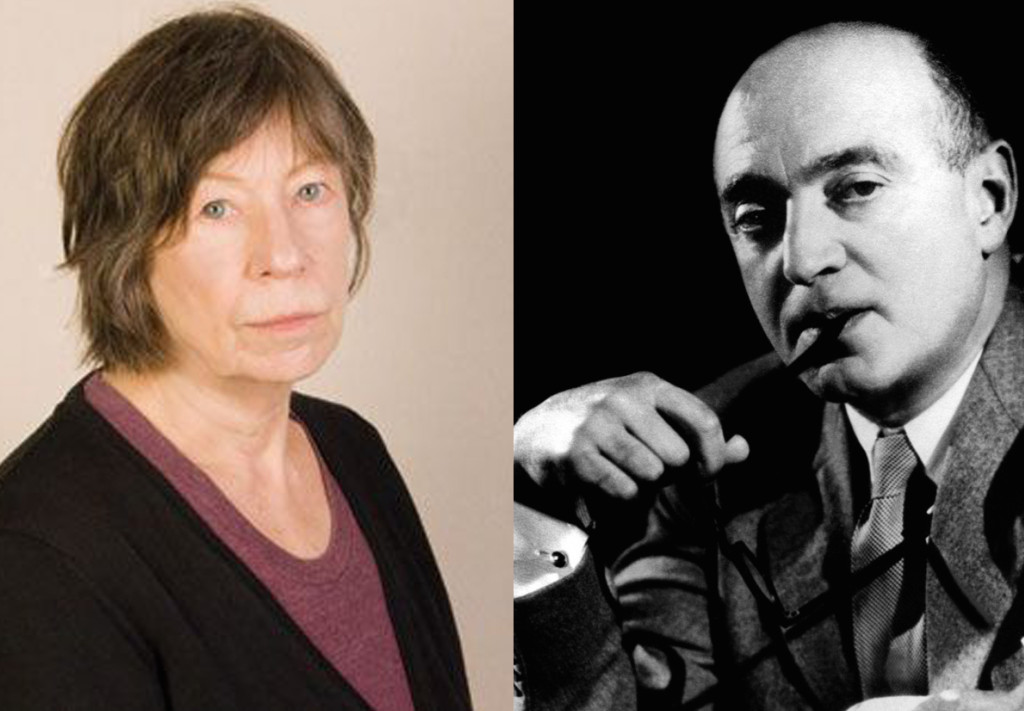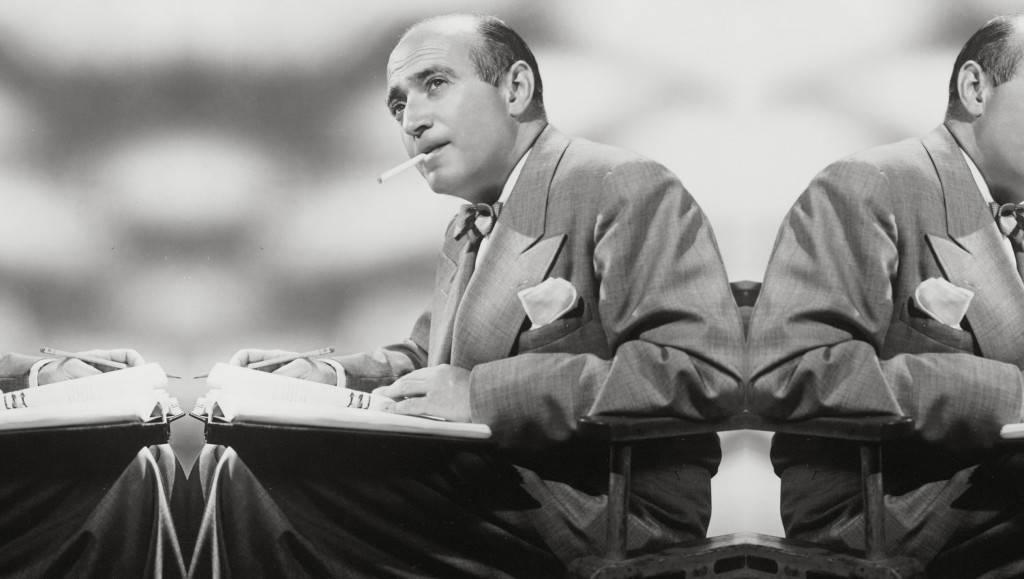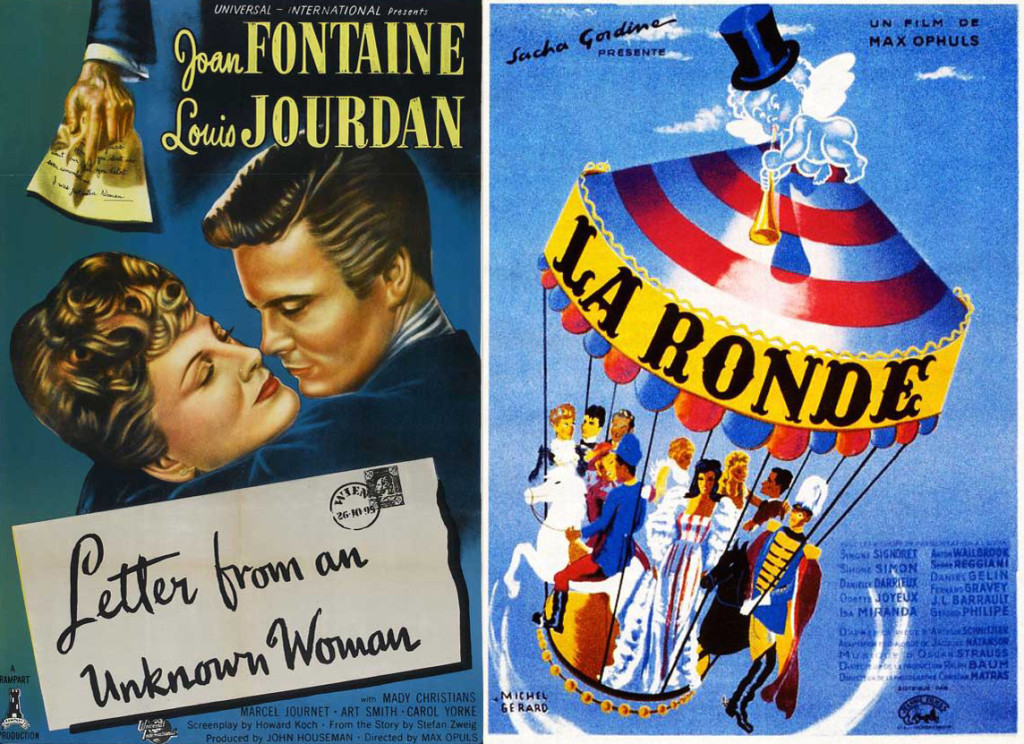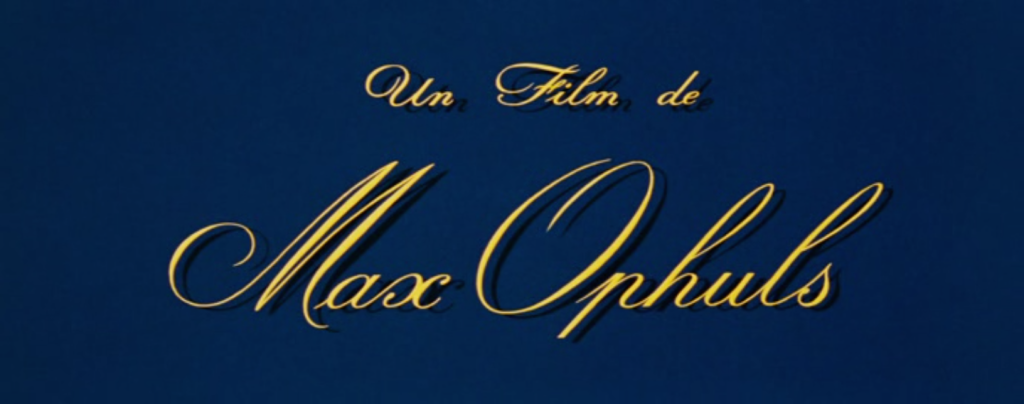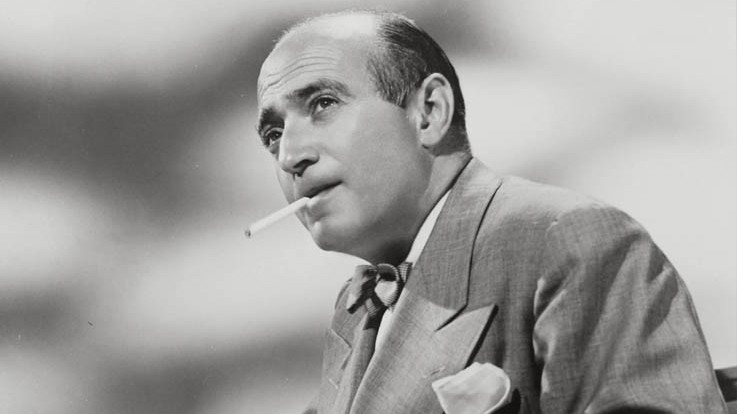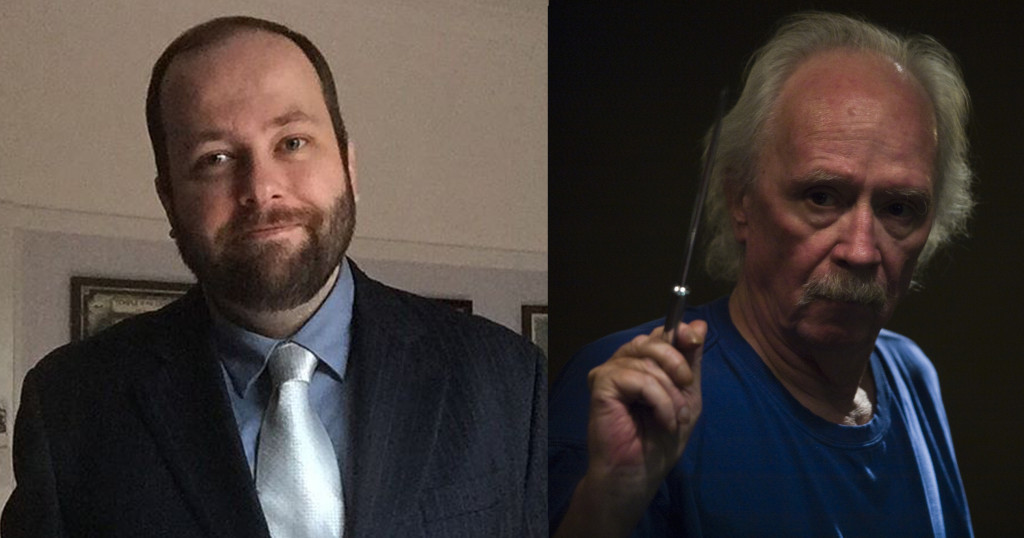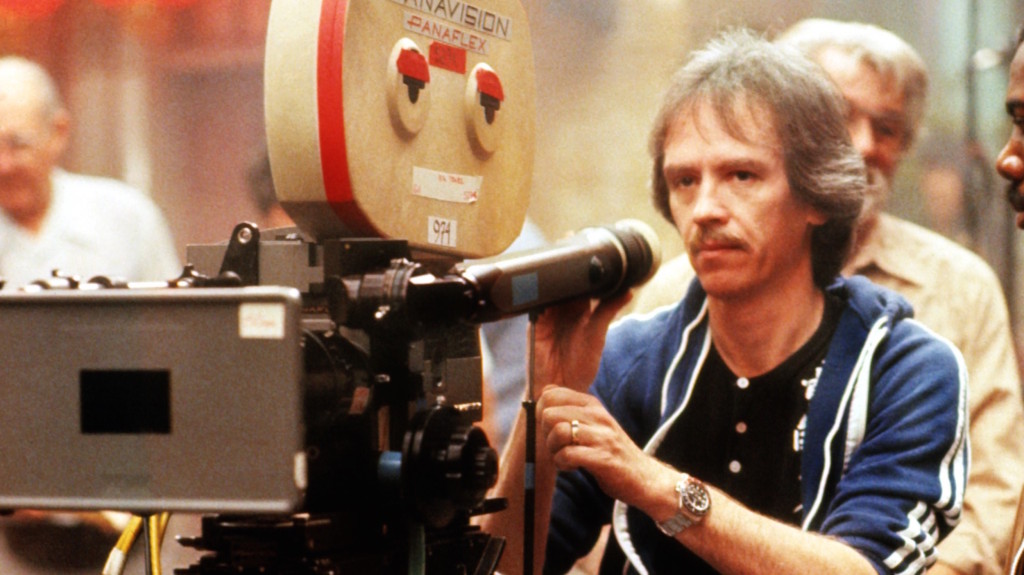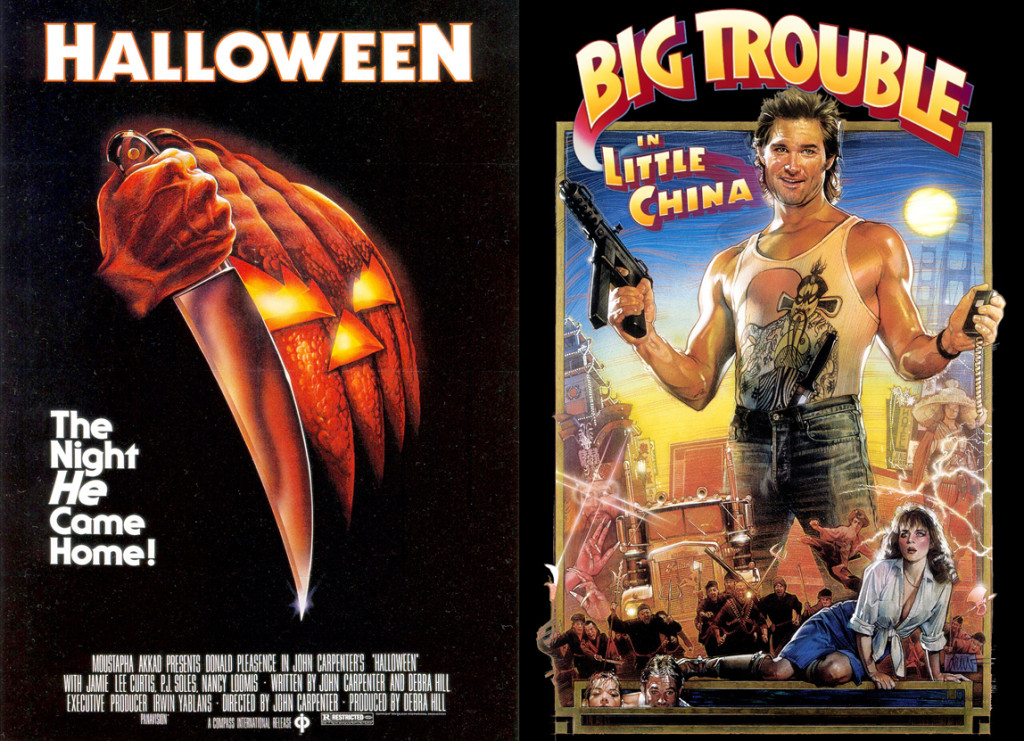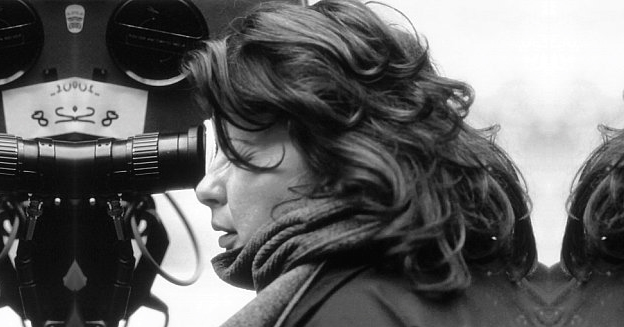
Want to become an instant expert in our filmmaker of the month without committing yourself to an entire filmography? Then you need the Hell Is For Hyphenates Cheat Sheet: we program you a double that will not only make for a great evening's viewing, but bring you suitably up-to-speed before our next episode lands…
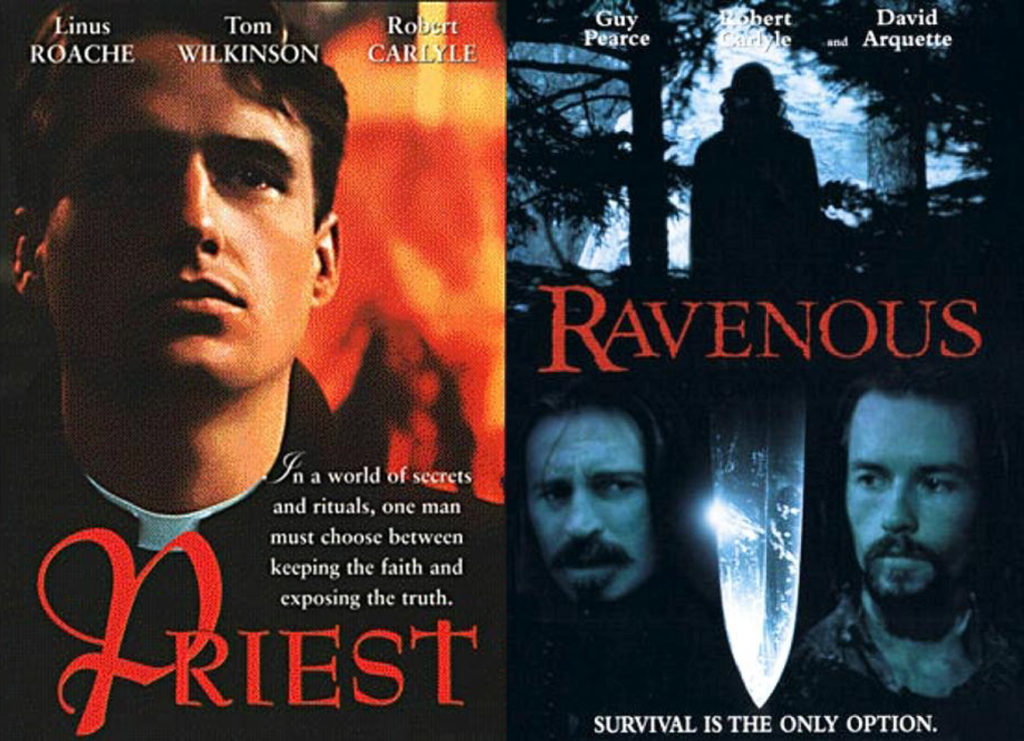
PRIEST (1994) and RAVENOUS (1999)
Without a doubt these were - and remain - director Antonia Bird's biggest critical and commercial hits, and her hallmark films. And they're quite a pair: Priest, her debut feature won the double honour of a Michael Powell Award and a call for a ban from the Catholic Church. It follows a Catholic priest (Linus Roache) in 1990s Liverpool facing a loss of faith because of his sexuality (but who wouldn't fall in love with Robert Carlyle?) and a parishioner's terrible confession. Ravenous is the film The Revenant wishes it had the balls to be: a wild, bloody (funny) satire on cannibal colonialism, bear trap included. Carlyle - more Begbie than big softy here - brought Bird onto the project three weeks before shooting after the original director left, and she gets to express a ferocity and appetite for physical drama not seen since her TV drama Safe (1993).
Substitutions: If you can't get or have already seen Priest, you must watch 1993's Safe, where Aiden Gillen and Kate Hardie boil with the energy of a British Mean Streets. If you can't get or have already seen Ravenous, then switch up to 1997's Face, possibly the best of the ‘lock, stock' bunch (Winstone, check; Davis, check), and certainly the only one a) starring Gerry Conlon, and b) where the gangster's driven by the demise of socialism.
The Hidden Gem: Has to be The Hamburg Cell (2004), the first film to grasp the nettle of understanding the 9/11 bombers, which was buried in by a nervous HBO. Bird's use of CCTV is genius, generating claustrophobia - but also a strange intimacy with the young men under surveillance. The best kind of uncomfortable and necessary viewing.

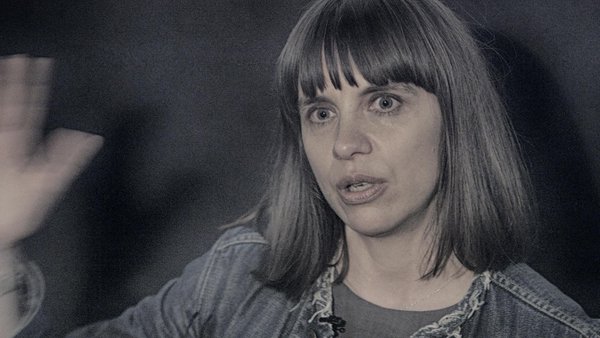
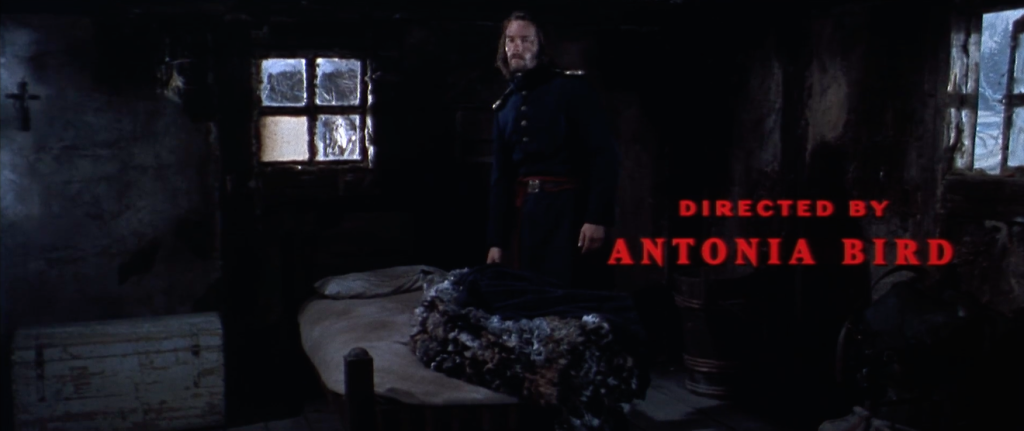


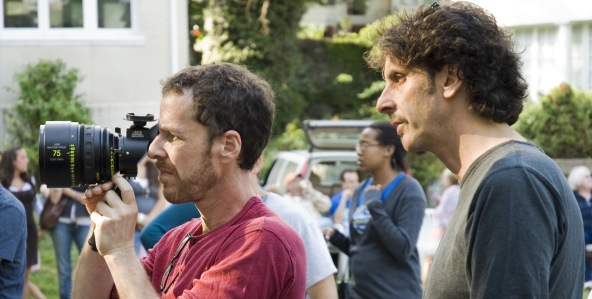
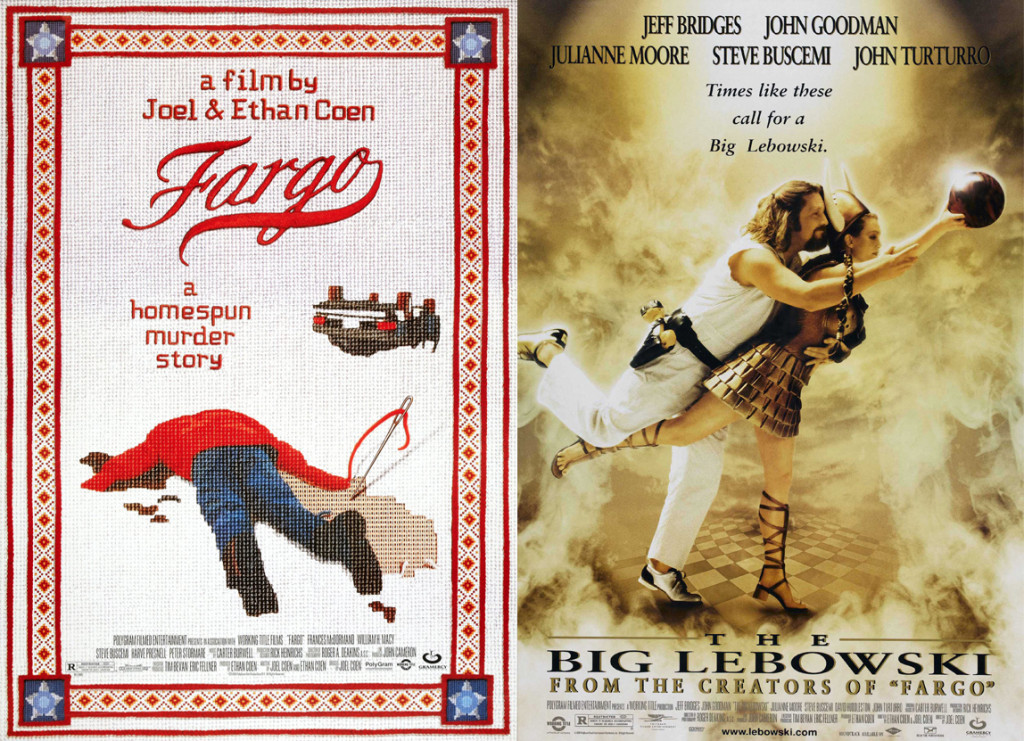
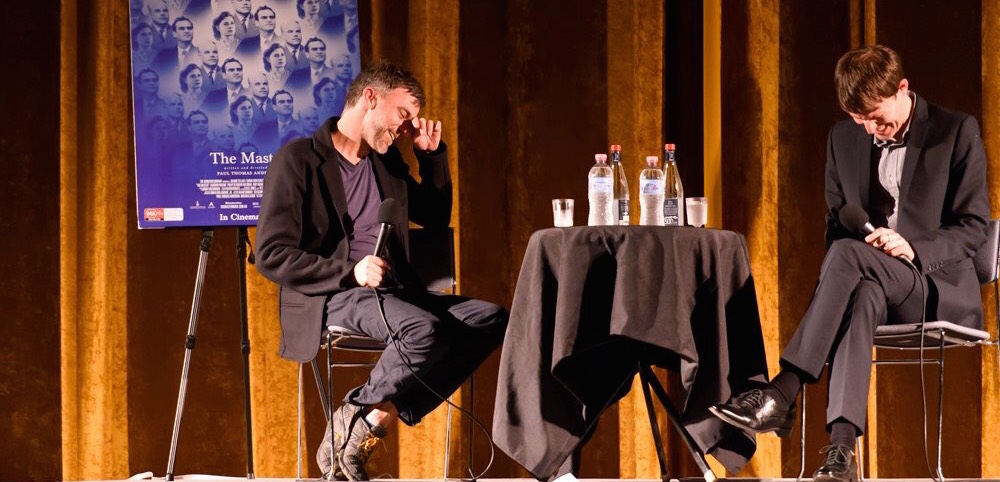
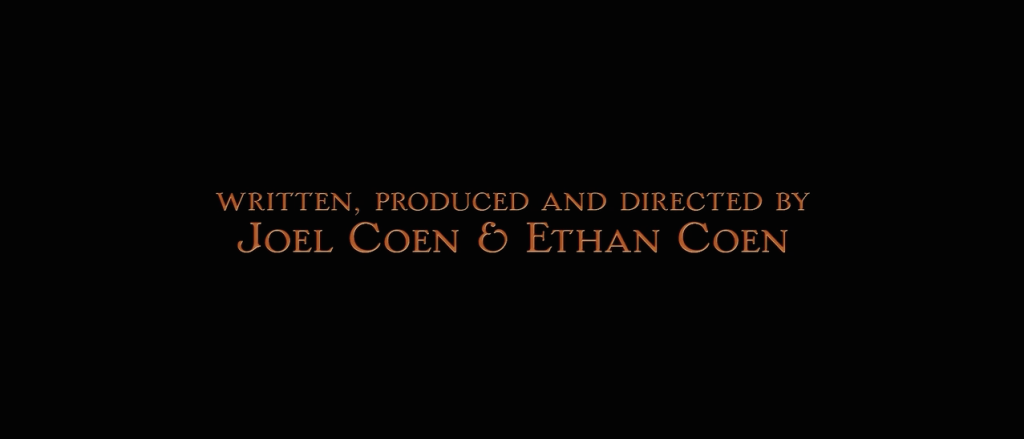 Yes, we haven't actually covered Joel and Ethan Coen on the show yet, so we're pretty jazzed to be getting to them. And we decided it would be fun to hold off until the release of Hail, Caesar!, because how could we resist?
Yes, we haven't actually covered Joel and Ethan Coen on the show yet, so we're pretty jazzed to be getting to them. And we decided it would be fun to hold off until the release of Hail, Caesar!, because how could we resist?